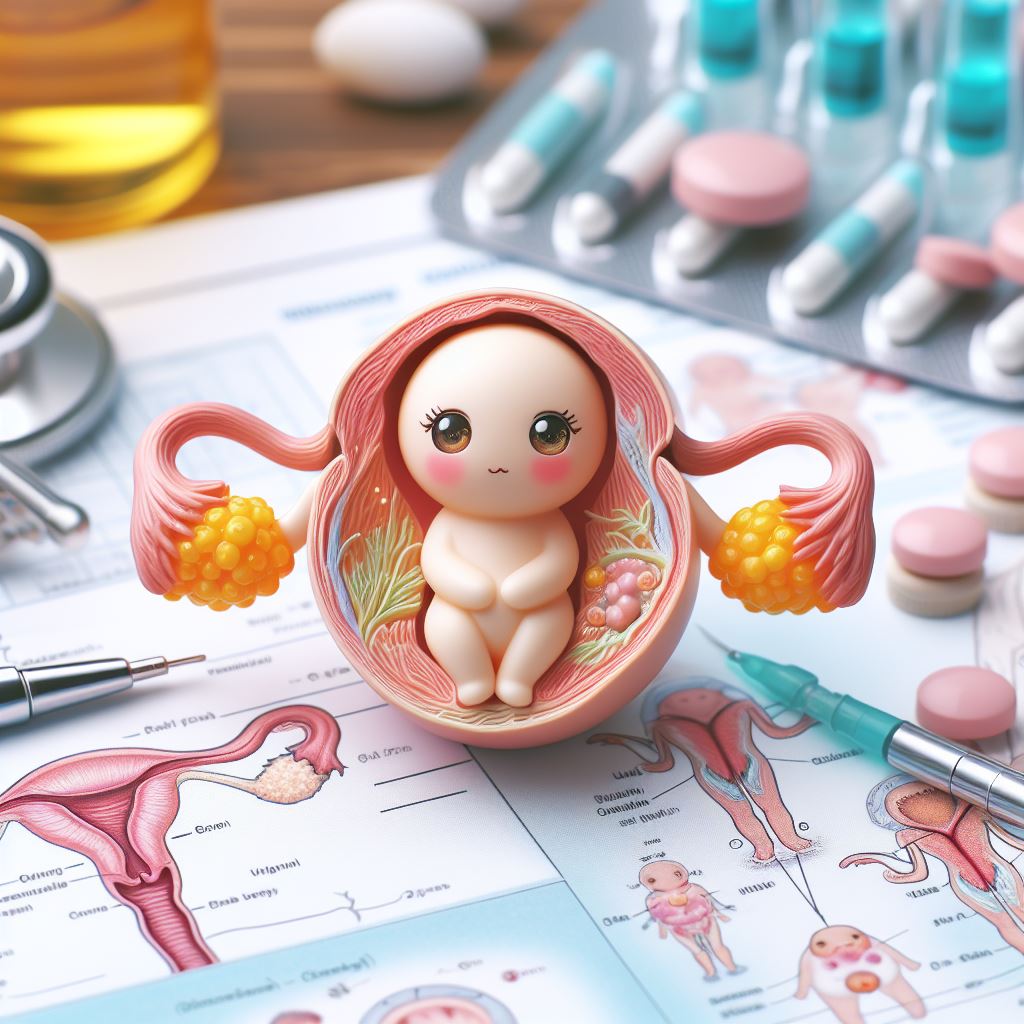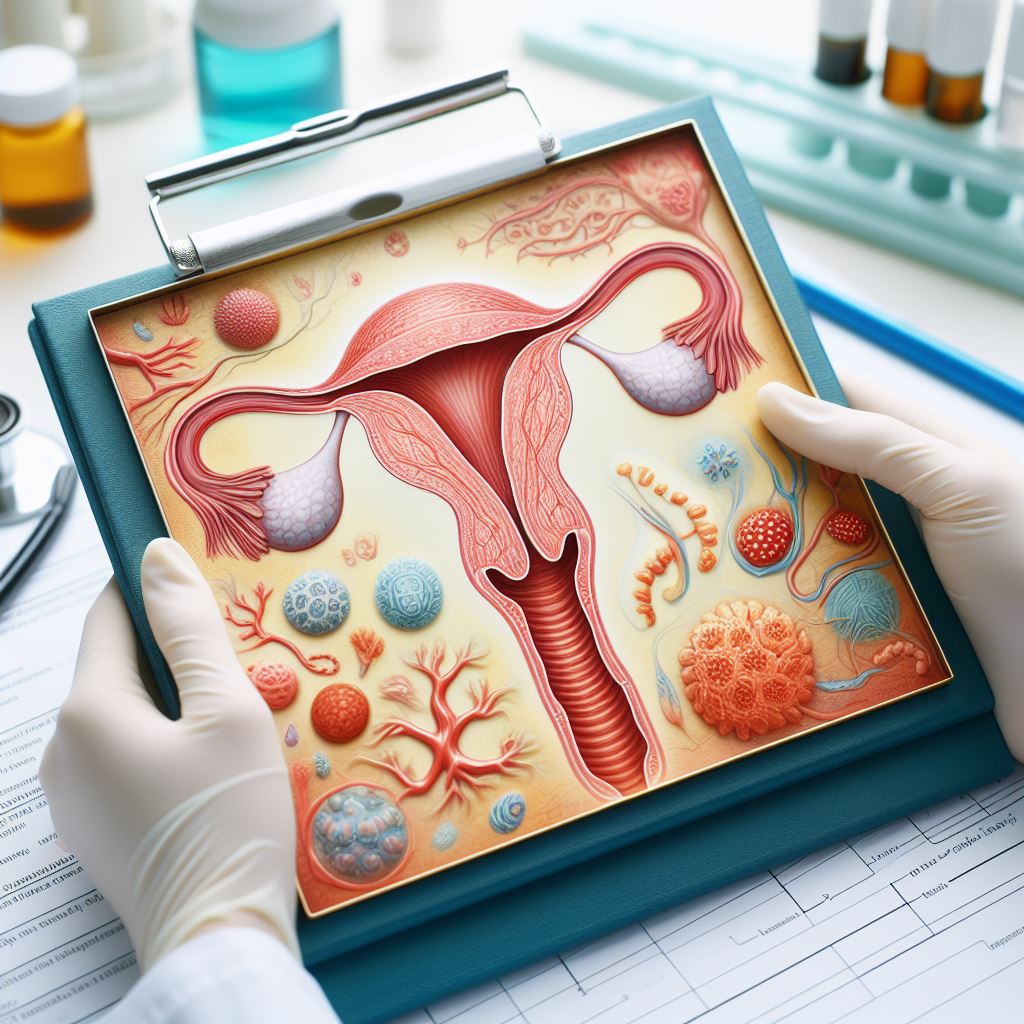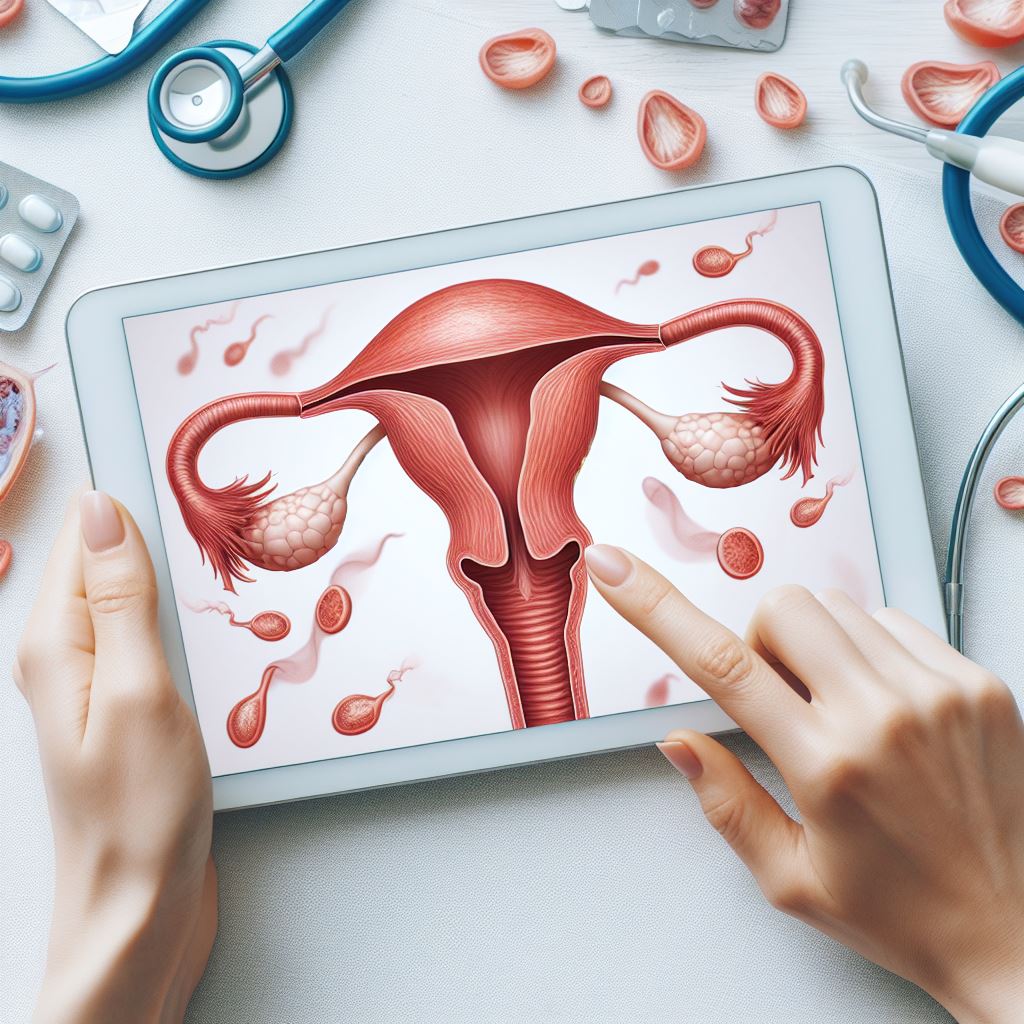Introduction
Navigating the complexities of fertility can be a challenging journey for many women, especially when faced with conditions like Premature Ovarian Insufficiency (POI). Often misunderstood and underdiagnosed, POI can significantly impact a woman’s reproductive health and fertility prospects. This blog aims to shed light on POI, offering insights into what it entails, how it affects fertility, and the various management and treatment options available.
Understanding POI is crucial for women who experience early symptoms of reduced ovarian function. This guide is designed to empower you with knowledge, providing an in-depth look at the condition, ways to manage it, and how to navigate the emotional landscape that often accompanies fertility challenges. Whether you’re newly diagnosed with POI or seeking more information to support your fertility journey, this blog is here to guide and inform you.
Understanding Premature Ovarian Insufficiency
What is Premature Ovarian Insufficiency?
Premature Ovarian Insufficiency, also known as primary ovarian insufficiency, is a condition characterized by decreased or ceased ovarian function before the age of 40. It’s not just about irregular periods or reduced fertility; it’s a complex hormonal imbalance that can have broader health implications.
Causes of POI
- Genetic Factors: Certain genetic conditions like Turner syndrome or Fragile X syndrome can lead to POI.
- Autoimmune Disorders: Sometimes, the body’s immune system attacks the ovaries, reducing their function.
- Medical Treatments: Chemotherapy and radiation therapy for cancer can affect ovarian function.
- Environmental Factors: Toxins, chemicals, and lifestyle factors might also play a role.
Symptoms and Diagnosis
Common symptoms of POI include irregular periods, hot flashes, vaginal dryness, and difficulty conceiving. Diagnosis often involves a combination of blood tests to check hormone levels, ultrasound scans, and sometimes genetic testing.
POI and Its Impact on Fertility
The relationship between POI and infertility is a complex one. With diminished ovarian function, the chances of natural conception decrease, but it’s not always an absolute barrier to pregnancy.
Fertility Challenges with POI
Women with POI often have fewer eggs in their ovaries, and those that are present may not be of optimal quality. This can lead to challenges in conceiving naturally and maintaining a pregnancy.
Exploring Fertility Options
While natural conception may be challenging, there are fertility options available for women with POI, including assisted reproductive technologies like IVF, using donor eggs, or exploring surrogacy.
Managing POI: Treatments and Lifestyle
Managing POI involves addressing both the immediate fertility concerns and the long-term health implications of the condition.
Hormone Replacement Therapy (HRT)
HRT can be vital in managing the symptoms of POI and reducing the risk of osteoporosis and heart disease, which are higher in women with POI due to lower estrogen levels.
Fertility Treatments
- Assisted Reproductive Technologies: Options like IVF may be considered, sometimes with donor eggs if the woman’s egg supply is severely diminished.
- Alternative Options: For some, exploring adoption or surrogacy becomes a path to parenthood.
Lifestyle Adjustments
- Diet and Nutrition: A diet rich in calcium and vitamin D is essential for bone health.
- Physical Activity: Regular exercise can help maintain bone density and overall health.
- Mental Health: Counseling and support groups can be beneficial in managing the emotional aspects of POI.
Coping with the Emotional Journey
The emotional impact of POI on women and their partners can be significant, affecting self-esteem, relationships, and mental health.
Emotional Support and Counseling
Seeking professional help and connecting with others going through similar experiences can provide invaluable support.
Building Resilience
Focusing on what can be controlled, maintaining a positive outlook, and exploring all avenues to parenthood can help build resilience.
Conclusion
Premature Ovarian Insufficiency presents unique challenges in the realm of fertility and overall health. Understanding the condition, exploring treatment options, and taking care of emotional and physical health are all crucial steps in this journey. For those facing these challenges, remember that information, support, and various medical advancements are on your side.
We encourage readers to seek professional advice and support from Eileen a fertility coach who can help them elaborate and develop the next steps in their journey.






